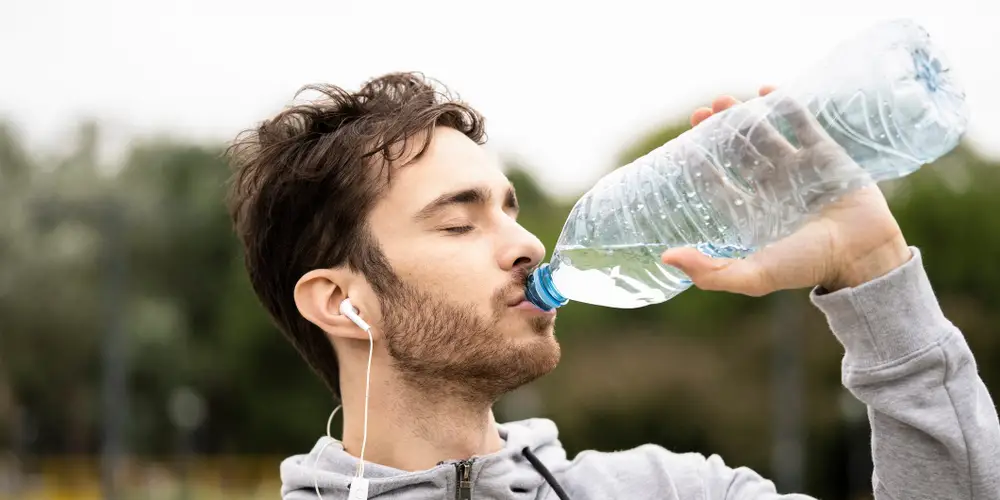Stay Hydrated. Stay Healthy.
Water is often called the elixir of life, and for good reason. Our bodies depend on it for survival, and staying adequately hydrated is crucial for overall health and well-being. But how much water should you be drinking each day? The answer isn’t one-size-fits-all, as it depends on various factors, including environmental conditions and individual physiology.
You’ve probably heard the rule of thumb that suggests drinking eight 8 glasses of water a day, which is roughly equivalent to 2 liters. This is a general guideline that can work for many people. However, some experts recommend a slightly higher intake, around 2.5 – 3 liters (or about 13 cups) daily depending on environmental and physiological factors.
Environmental Factors
Environmental conditions play a significant role in determining your daily water needs. Here are a few key factors to consider:
-
Climate: If you live in a hot and humid climate, you’ll likely need to consume more water to compensate for increased sweating and fluid loss. In contrast, individuals in cooler climates may require less water.
-
Physical Activity: Exercise increases your body’s water requirements. The more you sweat during workouts, the more water you need to replenish lost fluids. Athletes and active individuals often require more than the standard recommendation.
-
Illness: When you’re sick, especially with a fever or gastrointestinal illness, you may lose more fluids through sweating and vomiting. It’s essential to increase your water intake to prevent dehydration during illness.
Individual Physiology
Beyond environmental factors, your individual physiology also plays a crucial role in determining your daily water needs. Consider these aspects:
-
Body Size and Muscle Mass: Larger individuals and those with higher muscle mass generally require more water.
-
Age: Children and the elderly may have different hydration needs. Children tend to have higher water requirements relative to their body size, while older adults may be less sensitive to thirst signals.
-
Health Conditions: Certain medical conditions, such as kidney disease and diabetes, can affect your fluid balance. Always follow your healthcare provider’s recommendations for fluid intake if you have such conditions.
Remember, whether it’s 2 liters or 3 liters a day, finding the right balance of water intake for your body and lifestyle is the key to a healthier, hydrated you.







